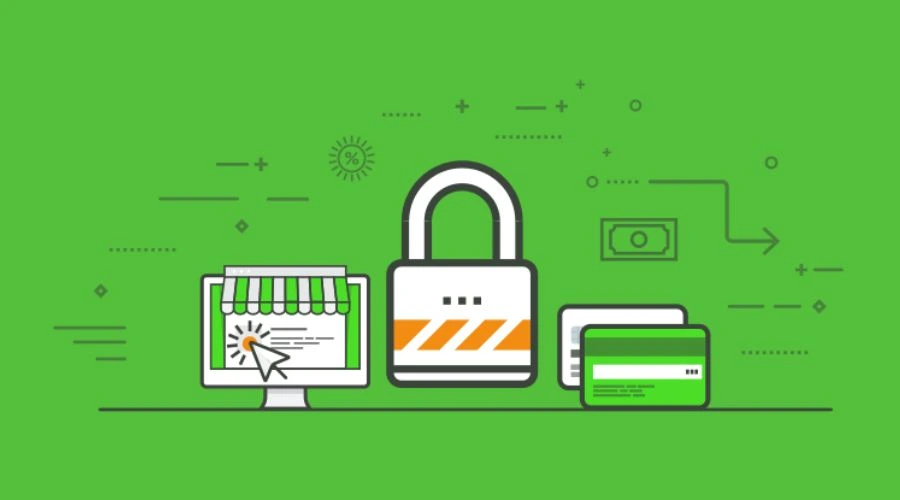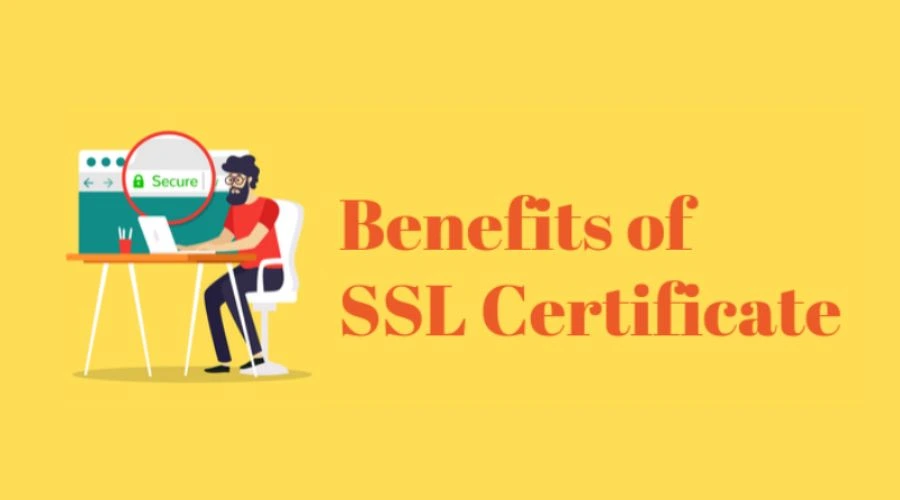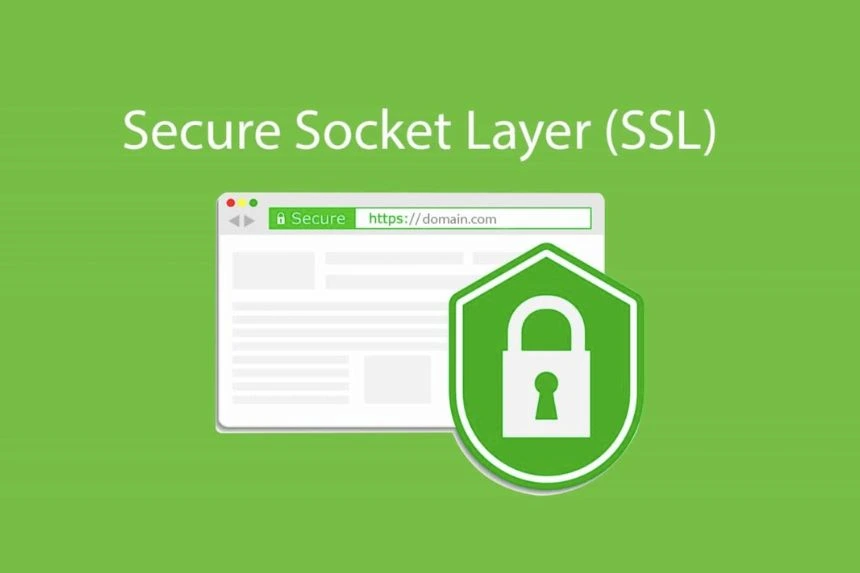Online privacy is vital today. One tool that helps protect it is the SSL (Secure Sockets Layer) certificate. Boosting safe connections and data security is what SSL certificates do best. Network Solutions, a trusted web solutions provider, offers them. A digital document, or SSL certificate, codes all data shared between a website’s client and server.
It checks who truly owns a site. It’s a sign of trust, telling users they’re dealing with a real brand and their private data is safe.
How does the SSL Certificate Network Solution work?

A. Certificate Acquisition
Certificate Generation: Website owners generate a Certificate Signing Request (CSR), which contains their public key and other identifying information. Network Solutions uses this CSR to create a unique SSL certificate for the website.
Verification Process: Network Solutions performs a thorough verification process to ensure the legitimacy of the website owner. They validate the information provided in the CSR, such as domain ownership, organization details, and contact information. This process safeguards against fraudulent activities and enhances user trust.
- Advertisement -
B. Certificate Installation
Private Key Storage: Upon receiving the SSL certificate free, the website owner securely stores the private key. This key should never be shared, as it is crucial for decrypting the data.
Certificate Binding: The SSL certificate is bound to the website’s domain and server. It acts as a digital seal that confirms the identity of the website, allowing secure communication with visitors.
SSL Encryption Process in Detail
Client-Server Handshake
Initial Connection: When a user attempts to access a website secured with an SSL certificate, the client (user’s browser) initiates a secure connection request to the server.
SSL Handshake
- Server Authentication: The server presents its SSL certificate to the client, along with its public key.
- Certificate Validation: The client verifies the authenticity of the SSL certificate by checking if it was issued by a trusted CA, confirming its expiration date, and ensuring the domain matches.
- Session Key Exchange: The client generates a session key and encrypts it using the server’s public key. The client then sends the server the encrypted session key.
- Secure Connection Established: Both the client and server now possess the session key, which they use to encrypt and decrypt the data transmitted during the session. This symmetric encryption ensures secure communication.
Also Read: Discover the Power of Network Solution’s WordPress Website Builder
Benefits of SSL Certificate By Network Solution:

Enhanced Data Security:
One of the primary advantages of SSL is the heightened level of data security they provide. By encrypting the data exchanged between a web server and a user’s browser, SSL certificates protect sensitive information from unauthorized access. This encryption ensures that the data remains confidential and cannot be intercepted or deciphered by malicious actors.
Authentication and Trust:
SSL certificates also serve as a means of authentication, assuring users that they are interacting with a legitimate and trustworthy website. When a website has an SSL, it undergoes a verification process that confirms its authenticity and ownership. This verification is typically done by a trusted Certificate Authority (CA) that ensures the website’s legitimacy. As a result, visitors can verify the website’s identity through visual indicators, such as a padlock icon or a green address bar, which instils trust and confidence in the website’s credibility.
Improved Search Engine Ranking:
Search engines, such as Google, prioritize user safety and security in their ranking algorithms. Websites with SSL certificates are given a slight ranking boost, making them more likely to appear higher in search engine results pages (SERPs).
This means that having an SSL certificate not only enhances security but also improves a website’s visibility and organic traffic. Thus, SSL has become an essential component of search engine optimization (SEO) strategies, benefiting businesses and website owners.
Also Read: Elevate Your Online Store: Build Success With An e-Commerce Website Builder
Protection against Phishing Attacks:
Phishing attacks, where attackers impersonate legitimate websites to trick users into disclosing sensitive information, have become increasingly common. SSL certificates can mitigate this risk by displaying visual cues that indicate a secure connection.
When users see these indicators, they are less likely to fall victim to phishing attempts. By establishing trust and ensuring that communication is secure, SSL acts as a deterrent to phishing attacks, thereby protecting users from potential harm.
Compliance with Data Protection Regulations:
With the rise in data breaches and privacy concerns, governments and regulatory bodies have implemented stringent data protection regulations. Many of these regulations, such as the General Data Protection Regulation (GDPR) in Europe, require the implementation of appropriate security measures to protect users’ personal data.
SSL certificates play a significant role in meeting these compliance requirements by providing encryption and secure communication channels. By adopting SSL, businesses can demonstrate their commitment to data security and compliance, avoiding potential penalties and reputational damage.
Conclusion
SSL certificates offer a multitude of benefits that contribute to a safer and more secure online environment. From encrypting data and protecting against unauthorized access to providing authentication and trust indicators, SSL is indispensable for businesses, website owners, and users. By implementing SSL certificates, organizations can enhance data security, improve search engine rankings, mitigate phishing attacks, and comply with data protection regulations. In an increasingly interconnected digital landscape, SSL plays a crucial role in establishing trust and ensuring the confidentiality and integrity of online transactions and communications. For more information, visit Proxygeeko.


